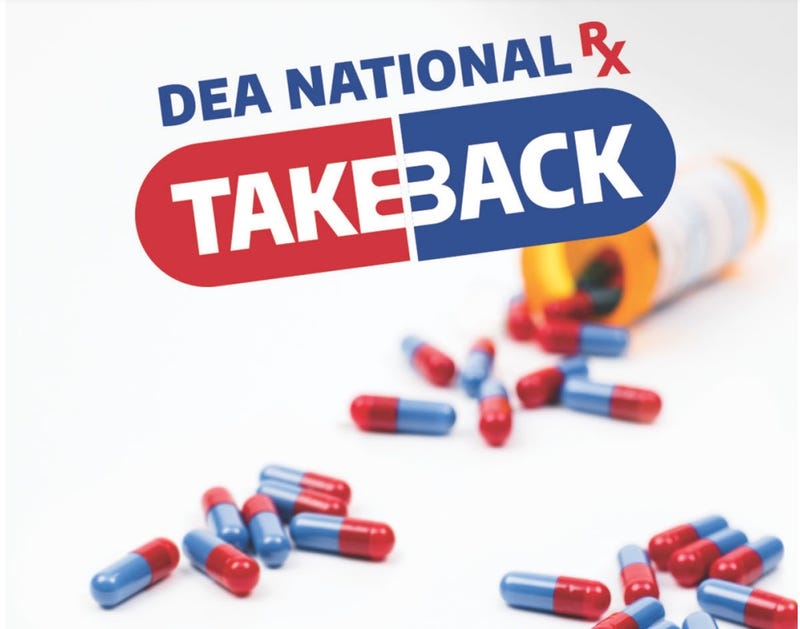
The pandemic has not only killed hundreds of thousands of Americans, it's also caused many to become addicted to drugs and alcohol. The ongoing stress and uncertainty of COVID-19 has led to misuse of opioids and stimulants. Overdoses have also spiked since the onset of the pandemic.
With numbers such as those increasing, heath experts are encouraging participation in this Saturday’s National Prescription Drug Take Back Day which aims to provide a safe, convenient, and responsible means of disposing of prescription drugs, while also educating the general public about the potential for abuse of medications.
Hennepin Healthcare’s Dr. Charles Reznikoff is an addiction doctor and works with patients who are struggling with addiction, hearing their stories, and offering treatments to help get them off prescription drugs.
He says for many, these drugs have been an escape from the harsh realities we’ve faced during the pandemic.
"People are very stressed out and isolated and anxious because of COVID,” says Reznikoff. “So if it's a drug that can get your mind off the stressful day-to-day existence we're in, a lot of people are using a lot of drugs, alcohol, pharmaceutical opioids, and illicit street drugs of every sort you can think of. So opioids, methamphetamines, alcohol, all of them are up. And the harm from those drugs are increasing as well.”
Even with those increases, Reznikoff says drug take back day has helped. He recalled the days when people didn't know what to do with their unwanted medication.
“And, you know, people were choosing to flush their medications down the toilet, at risk to the environment, or keep them in their cabinet at risk to themselves and their children,” Reznikoff explains.
Since the inception of drug take back days, Reznikoff says there are less prescription drugs on the street, but that hasn't stopped the uptick in addiction.
“The opioid epidemic is not about pharmaceutical prescriptions anymore,” says Dr. Reznikoff. “The opioid epidemic is now about fentanyl. Maybe even heroin, but mostly fentanyl these days.”
On a positive note, Reznikoff says the healthcare industry has responded to the increase in addiction and are doing more to help curb the use of these drugs.
“Clinicians, doctors, nurses, the clinical team has never been more eager to learn how to help folks with addictions. And so I really am very hopeful that the medical world will respond better than they have in the past, and really step up and help people with addiction. So it is definitely continuing to escalate the problem in Minnesota and in America. But also I think clinicians are stepping up to try to do their part.”
There are numerous drop-off locations around the state available on Saturday to dispose of your prescription drugs. Most are at local police departments and sheriff offices. The DEA has a list of locations on their website here. If you are unable to get to a drop-off on Saturday, there are also locations that accept prescriptions year-round also available on the DEA site here.


